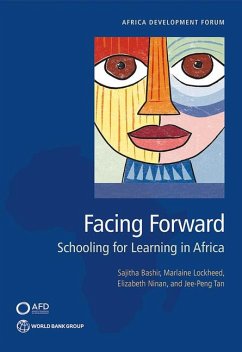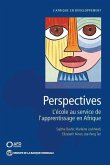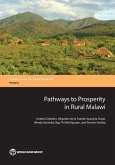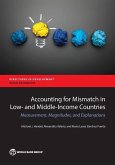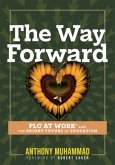This publication offers a clear perspective on how to improve learning in basic education in Sub-Saharan Africa, based on extremely rigorous and exhaustive analysis of a large volume of data. The authors shine a light on the low levels of learning and on the contributory factors. They have not hesitated to raise difficult issues, such as the need to implement a consistent policy on the language of instruction, which is essential to ensuring the foundations of learning for all children. Using the framework of "From Science to Service Delivery" the book urges policy makers to look at the entire chain from policy design, informed by knowledge adapted to the local context, to implementation.
Hinweis: Dieser Artikel kann nur an eine deutsche Lieferadresse ausgeliefert werden.
Hinweis: Dieser Artikel kann nur an eine deutsche Lieferadresse ausgeliefert werden.

